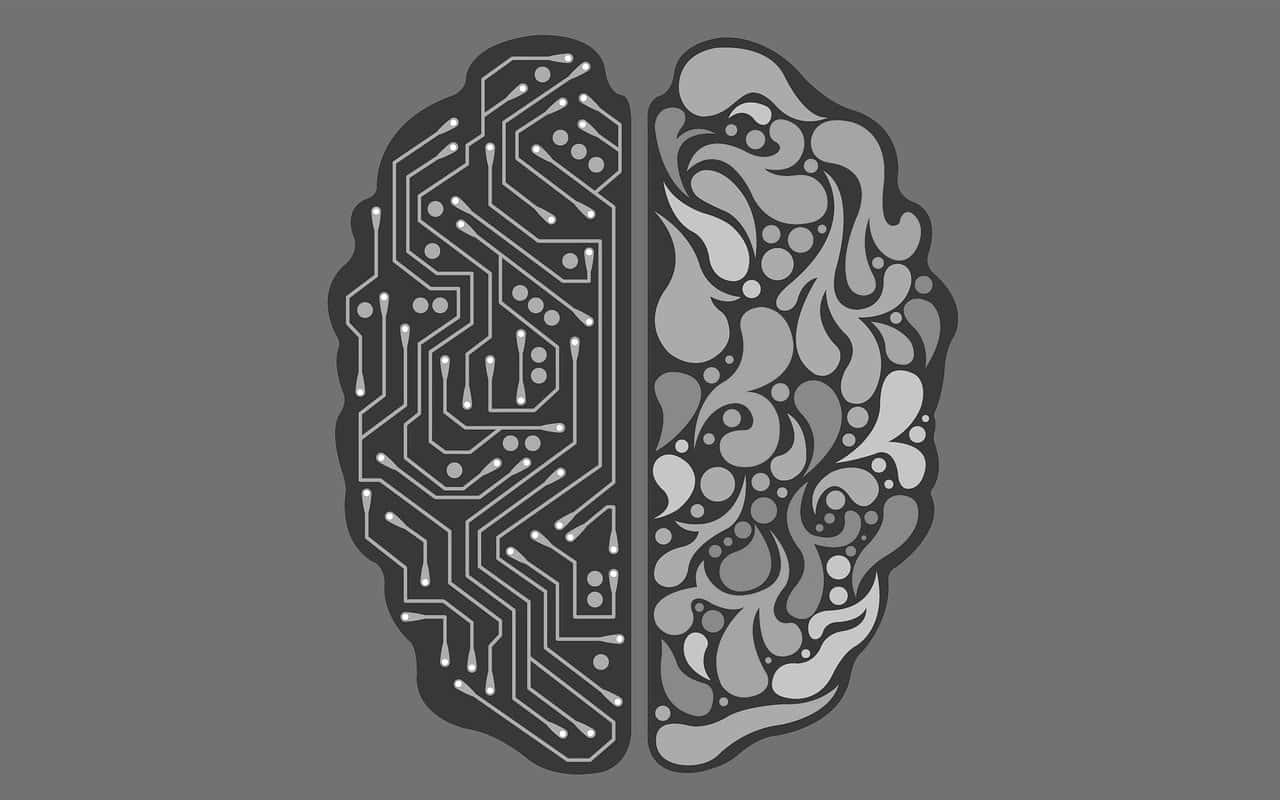
Researchers at Radboudumc have found that the adversities we go through trigger lasting changes in our brains and are linked to anxiety symptoms. These findings could help predict who is more at risk of developing psychiatric disorders.
- Radboudumc neuroscientists investigated the enduring impact of life’s adversities on brain function and their possible relevance to psychiatric conditions;
- The study, involving 170 individuals with comprehensive life data, reveals stable connections between setbacks and brain patterns;
- Anomalies in these patterns are linked to anxiety symptoms, pivotal in various psychiatric disorders; the findings hint at early identification and more effective treatment possibilities.
The impact of adversity on brain structure
Influences such as maternal smoking during pregnancy, complications at birth, abuse, or experiencing a major accident are known to harm an individual’s development. These factors, categorized as ‘adversities,’ have a lasting impact on brain structure, according to research by Radboudumc.
To study the effects of these setbacks on brain structure, brain scans were performed on participants aged 25 years and 33 years. The aim was to discover whether the changes in brain structure – caused by experienced setbacks – remained consistent over time.

The role of artificial intelligence in discovering patterns
Researcher Nathalie Holz explains that artificial intelligence was used to identify the links between the adversities experienced and the patterns in the brain. “The links emerged very clearly,” Holz says. “And these links are very stable. We found them at both ages. Because of these findings, we can now predict how the brain responds to adversity.”
These findings underscore the idea that our experiences, especially the negative ones, can shape our brains permanently. The permanent effects of these experiences are visible in the structure of our brains even years after the event.
Anxiety symptoms and the risk of psychiatric disorders
Research leader André Marquand points out the link between these brain patterns and anxiety symptoms. “We have mapped how the brain normally responds to adversity. Therefore, we can also identify when that response is abnormal. And we saw that such an abnormal pattern was linked to anxiety symptoms.”
Anxiety symptoms play a central role in many psychiatric disorders. The connection between these symptoms and adversity-induced brain patterns suggests that individuals who have experienced many adversities may be at a higher risk of developing psychiatric disorders.
Future applications of the research findings
The findings of this study could contribute to the early detection of psychiatric disorders. Healthcare providers can intervene earlier and provide effective treatment by identifying brain patterns associated with adversity.
Nevertheless, Marquand stresses that more research is still needed. Current methods are being applied to a group of patients with psychiatric disorders to determine how significant the predictive value is. The implications of this research are promising, but further verification is needed to realize the full potential of these findings.








